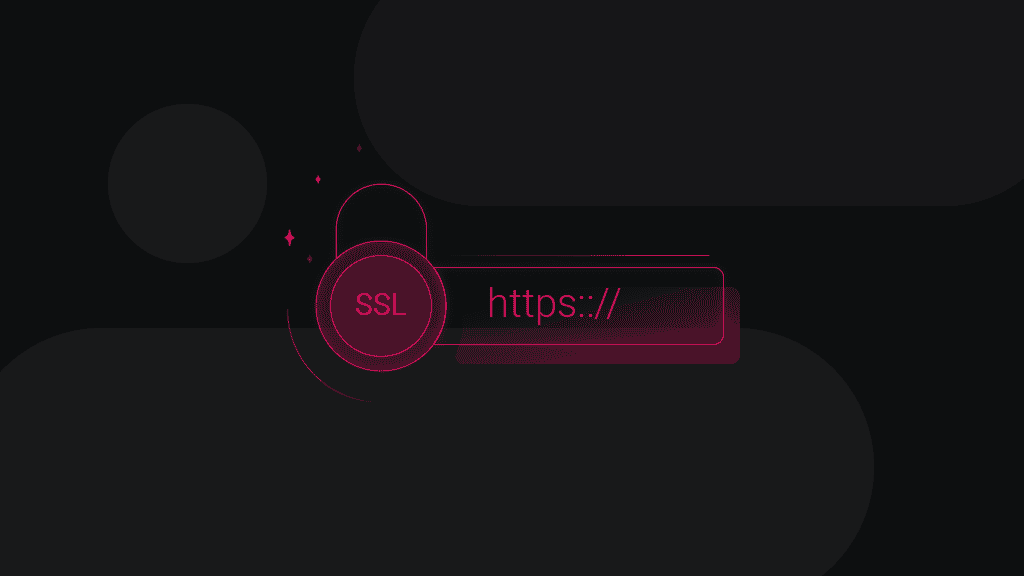What Is the Difference Between Residential and Datacenter Proxies?
Proxies act as intermediaries hiding your IP address when connecting to the internet. They’re particularly useful if you can’t access a certain website because you are banned or when you’re trying to access geo-blocked content like on Netflix, YouTube, or a flight ticket platform.
Residential and datacenter proxies are the main two types that offer a way to hide your IP and, among many other things, can help you anonymously scrape data from the web. However, they differ significantly – so which proxy type is the ideal choice for you?
What are datacenter proxies
Datacenter proxies, the most common type, are remote computers with unique IP addresses that act as an intermediary between you and the target website. These proxies have nothing to do with your internet connection or Internet Service Provider (ISP), as they’re completely independent of both. So, hiding your IP without being linked to one place is easy. You can opt for shared or dedicated datacenter proxies.
Shared datacenter proxies
Shared datacenter proxies are like taking a bus to your destination. Multiple users access these proxies simultaneously, making them cost-effective. They’re great for market and SEO research, ad verification, entertainment, and browsing. But remember, sharing a proxy can mean slower speeds and a higher chance of getting blocked if another user misbehaves.
Dedicated datacenter proxies
Think of dedicated datacenter proxies as driving in your personal car. Only one person uses them at a time, offering faster, more reliable connections. Ideal for web scraping, multi-accounting, cyber and brand security, or smooth online gaming, these proxies provide stability and security. They cost more, but they’re worth every penny for those needing consistent performance.
What are residential proxies
Residential proxies offer IPs provided by Internet Service Providers (ISPs) and sourced from regular users’ mobile or desktop household devices connected to Wi-Fi networks. These proxies are great for tasks that require authenticity, maintaining privacy, and data scraping, as they’re the least likely to be blocked.
ISP proxies
ISP proxies are a specific type of proxy directly provided by Internet Service Providers (ISPs) and hosted on servers at data centers. Unlike residential proxies, ISP proxies aren’t sourced from user devices. Instead, they’re allocated by the ISPs themselves. This proxy is best suited for tasks that require both the authenticity of a residential IP and the speed and reliability of a datacenter proxy, like managing multiple social media accounts or high-speed data scraping.
Mobile proxies
Mobile proxies use IPs assigned by mobile carriers and sourced from mobile devices like smartphones and tablets using 3G, 4G, or 5G cellular networks. They excel in activities needing high trust and anonymity, as they rarely get blocked and rotate within network and provider pools. Mobile proxies also enable access to mobile-specific data and offer faster internet speeds.
Comparing proxy types
Datacenter vs. residential proxies
When choosing between datacenter and residential proxies, it's important to weigh their advantages and disadvantages in relation to your specific use case. For example, do you need speed, stability, and cost-efficiency? Or are anonymity, various geo-targeting options, and avoiding anti-bot systems and IP bans more important to you?
Datacenter proxies are known for their quick speed and reliability, but they're more susceptible to subnet bans due to their less diverse IP range. Also, the rapid response time of datacenter proxies can lead the user to be flagged for non-human behavior. Residential proxies, on the other hand, offer unique IP addresses that mimic real user behavior, making them less prone to bans and better for tasks requiring a natural-looking online presence.
Type
Residential proxies
Datacenter proxies
IP origin
ISPs (Internet Service Providers)
Data centers & cloud servers
Uniqueness
High, resemble actual users
Low, may be identified as computer-generated
Ban risk
Low due to unique IPs
Higher, with subnet bans affecting many IPs
Response time
Moderate to fast
Fast
Geo-targeting
International access with a variety of regional IPs
Limited to the proxy server’s geographic location
Use cases
- Web scraping
- Multi-accounting
- Ad verification
- Travel fare aggregation
- Cybersecurity
- eCommerce research
- SEO monitoring
- Scraping simple websites
- Accessing geo-restricted content
- SEO monitoring
- Price monitoring
- Website & application testing
Pricing
Best value with shared proxies; higher cost for dedicated IPs
Cost-effective; usually cheaper than alternatives
Residential proxies vs. dedicated datacenter proxies
Residential proxies typically operate on a rotating IP system, offering users IP addresses that can change every session or remain static for up to several minutes. Dedicated datacenter proxies, on the other hand, assign a unique IP to each user, ensuring exclusivity and a consistent online presence, which is important for tasks that demand a stable, trustworthy IP identity. Regarding pricing, dedicated datacenter proxies often adopt a per-IP pricing model, as opposed to the traffic-based pricing commonly associated with residential proxies.
ISP vs. datacenter proxies
ISP proxies represent a hybrid of functionality, merging the high anonymity of residential proxies with the enhanced speed and stability characteristic of datacenter proxies. This blend makes ISP proxies an optimal choice for users who require the best features of both residential and datacenter proxies without compromising on quality or performance.
Mobile vs. datacenter proxies
Mobile proxies offer a higher level of authenticity by rotating IPs typically assigned to mobile devices, which can effectively evade detection algorithms. In contrast, datacenter proxies offer stability and speed but lack the inherent trustworthiness of mobile IPs and are more easily identifiable as proxies. While datacenter proxies are more cost-efficient, mobile proxies offer the unique advantage of real-world user simulation, making them a more suitable choice for operations that require moving under the radar of web security measures.
In a nutshell
Both residential and datacenter proxies provide essential tools for secure and efficient web navigation, suiting various online needs. Residential proxies, with their rotating IP addresses, excel in anonymity and mimic real-user behavior, while datacenter proxies offer stable, unique IPs known for speed and efficiency in data-heavy tasks.
At Smartproxy, we have every sort of proxy you may need. We take pride in our 55M+ residential proxies from 195+ locations with the fastest response time (<0.5s), one of the highest success rates (99.68%) in the market, and a great entry point with Pay As You Go. Additionally, new users can pick any residential plan and try all features with a 3-day free trial.
We also have 100K+ shared datacenter proxies with worldwide locations and flexible payment options (Pay per GB or IP) as well as 400K+ dedicated datacenter proxies from the US. Furthermore, you can rest assured of the quality of our 10M+ mobile proxies and shared or dedicated ISP proxies.
And if you ever need someone to talk to about choosing the right proxies, don’t hesitate to contact our 24/7 support team via LiveChat!
About the author

Vilius Sakutis
Head of Partnerships
With an eagerness to create beneficial partnerships that drive business growth, Vilius brings valuable expertise and collaborative spirit to the table. His skill set is a valuable asset for those seeking to uncover new possibilities and learn more about the proxy market.
All information on Smartproxy Blog is provided on an "as is" basis and for informational purposes only. We make no representation and disclaim all liability with respect to your use of any information contained on Smartproxy Blog or any third-party websites that may be linked therein.







